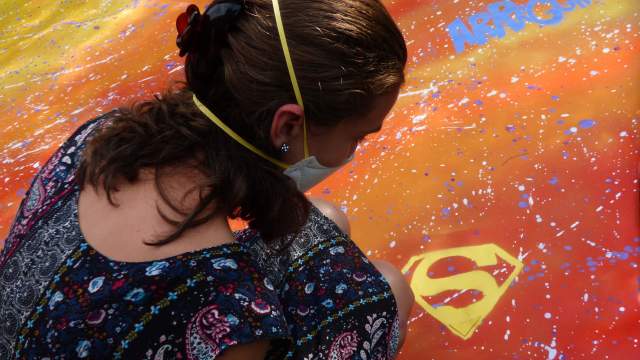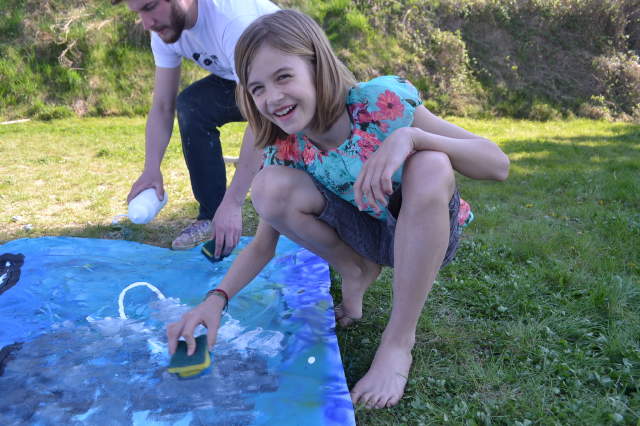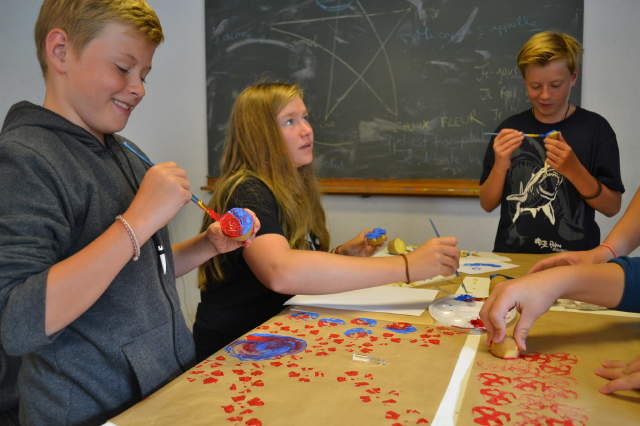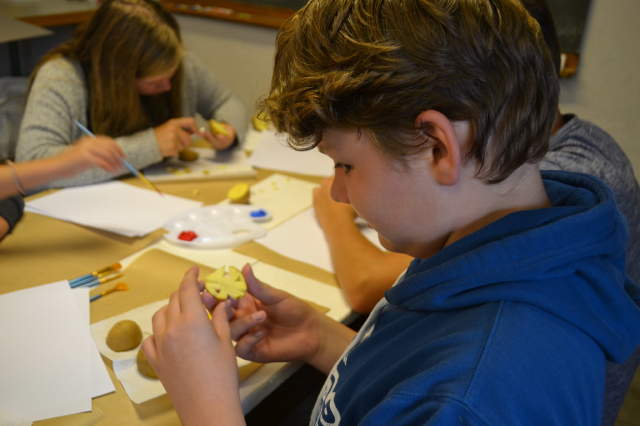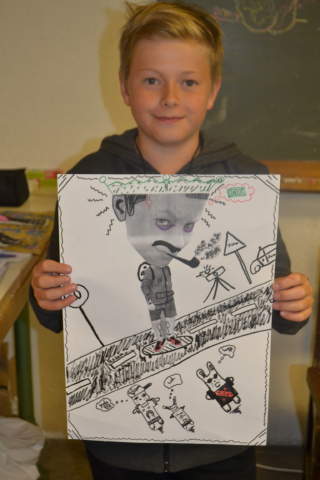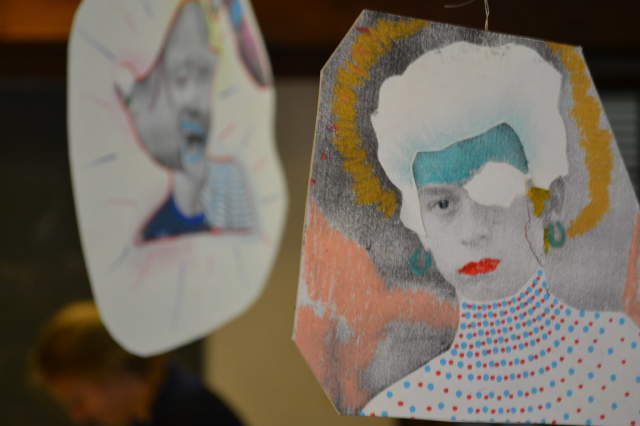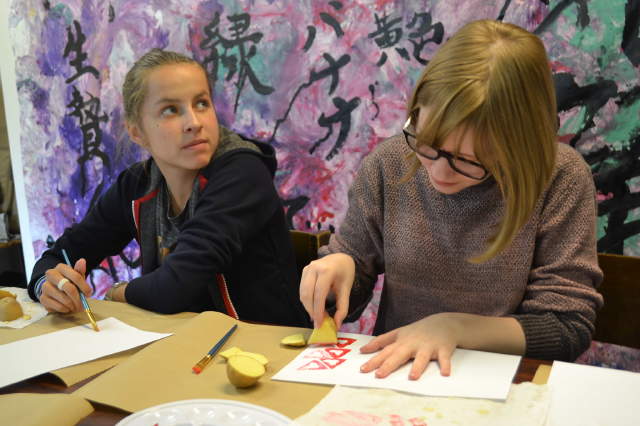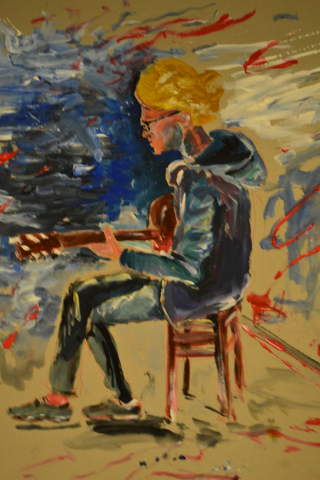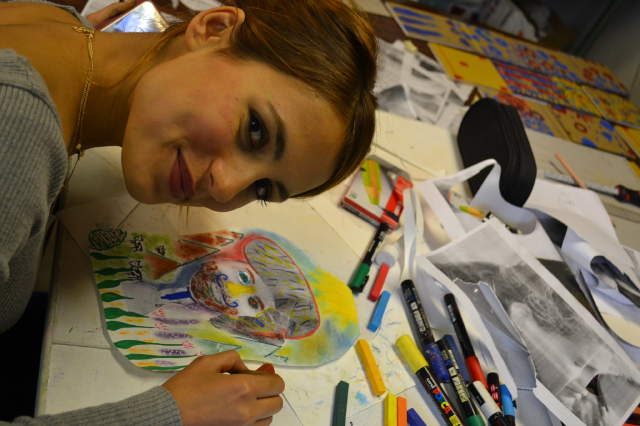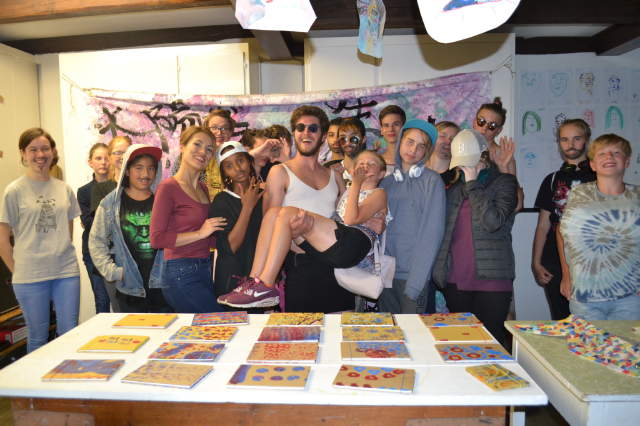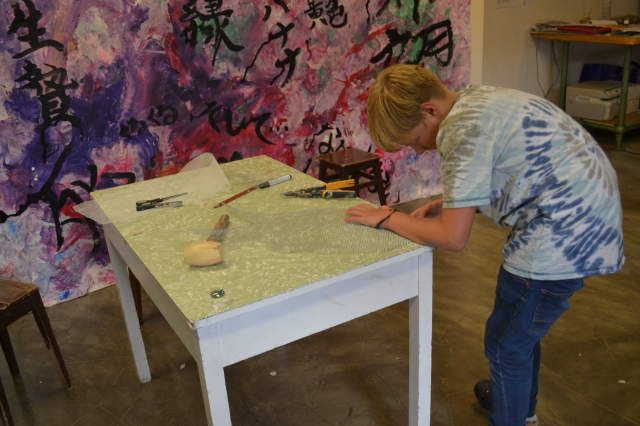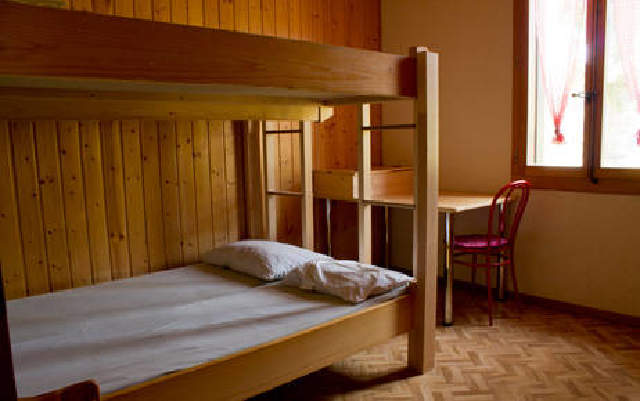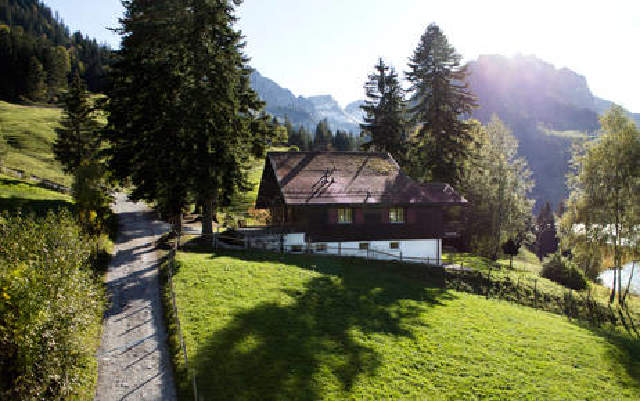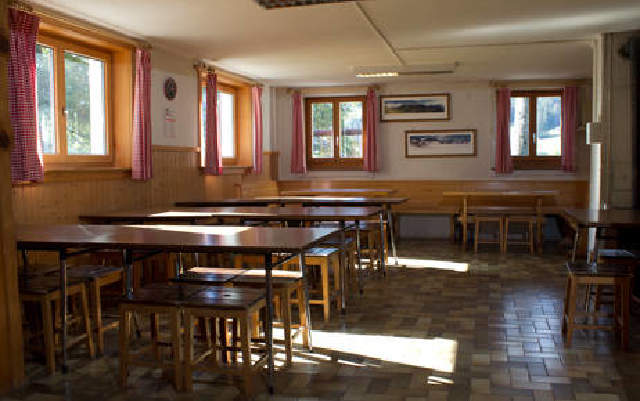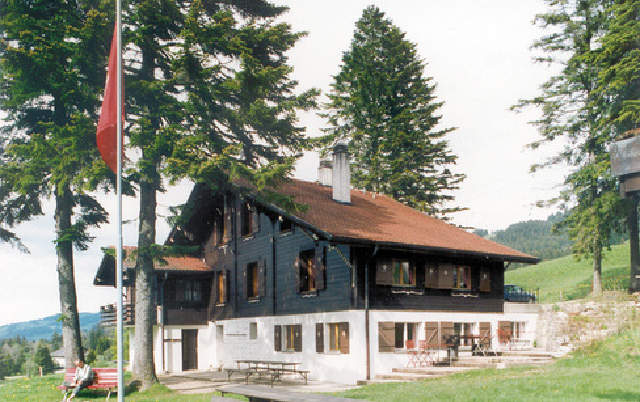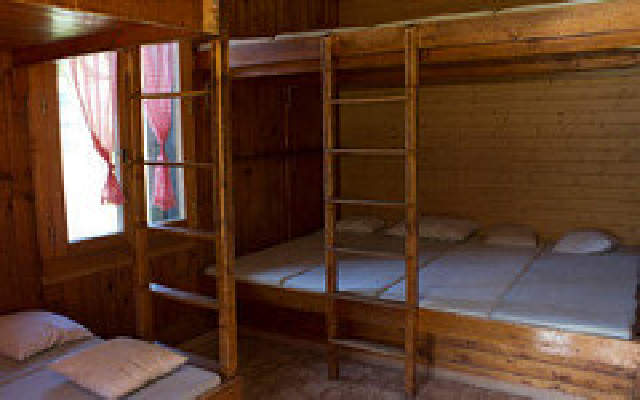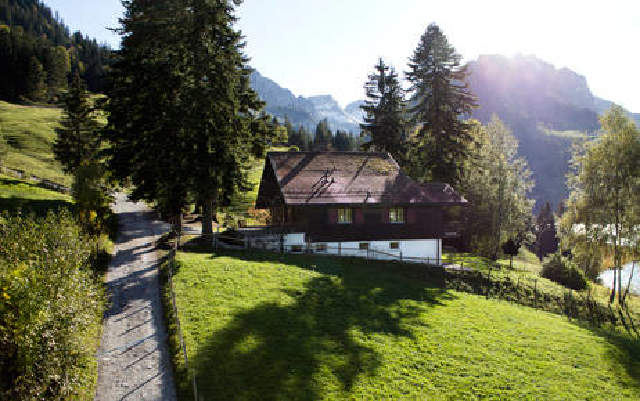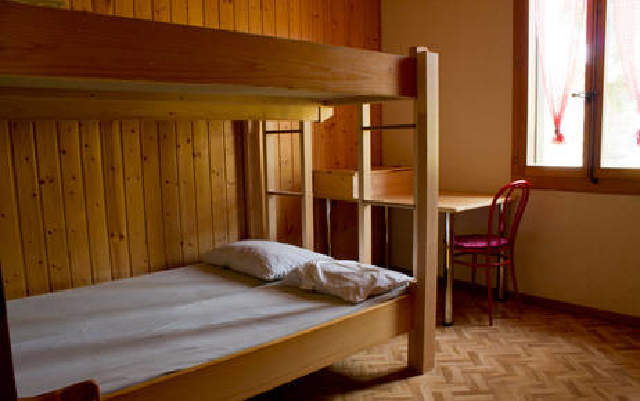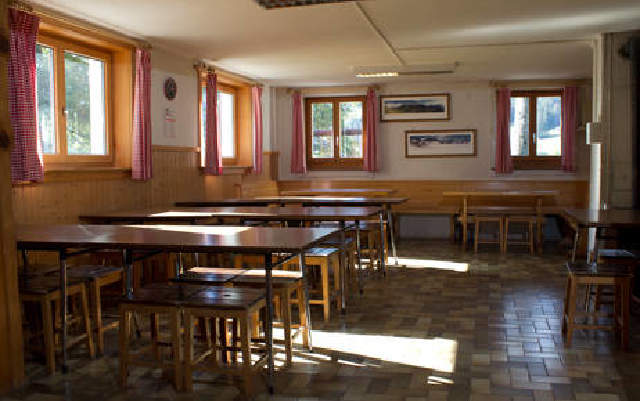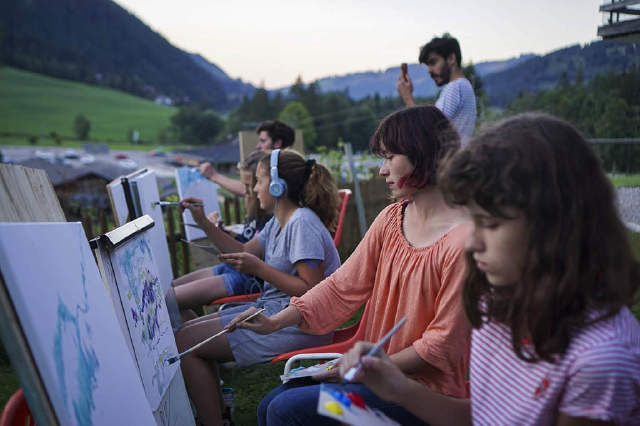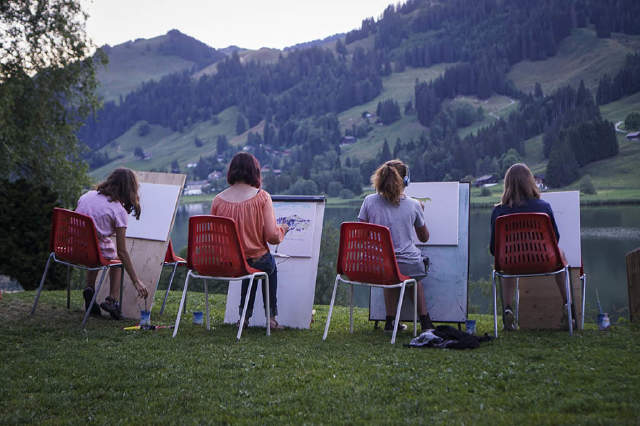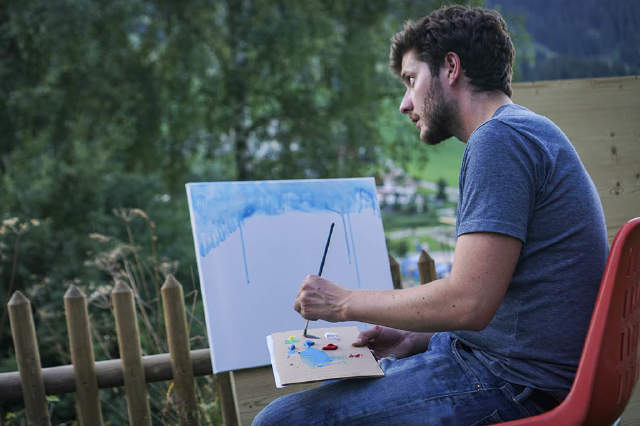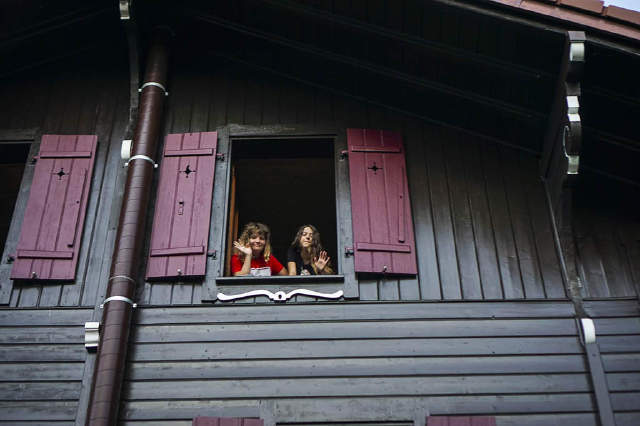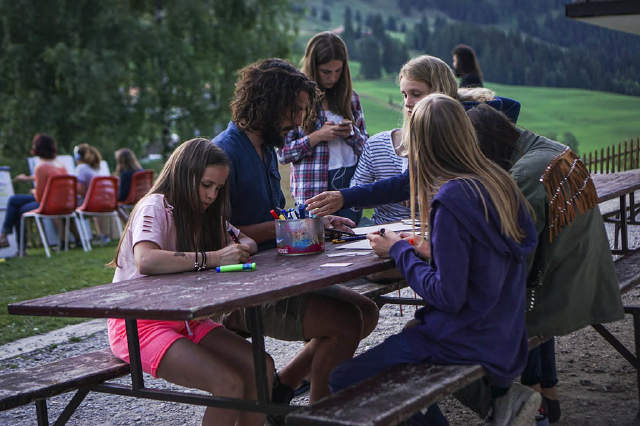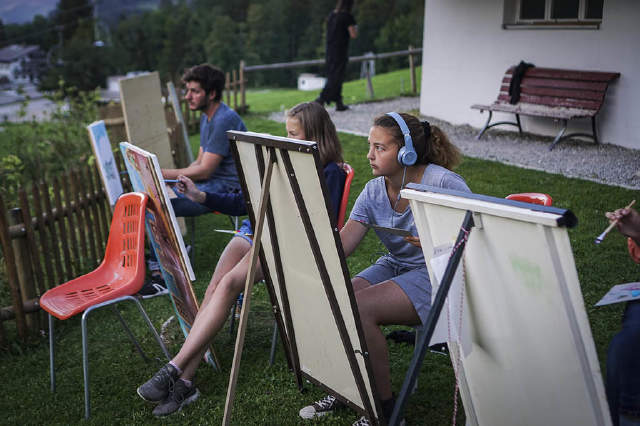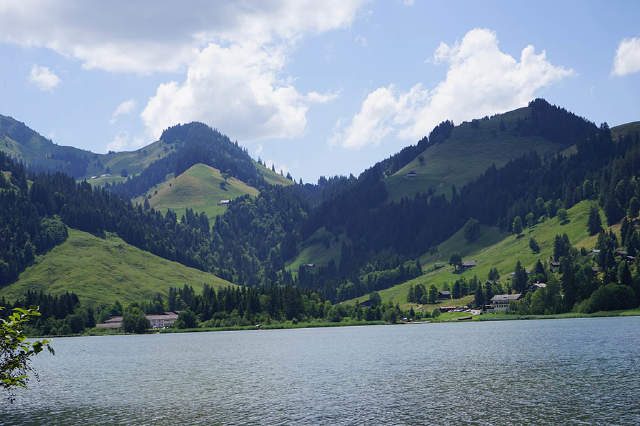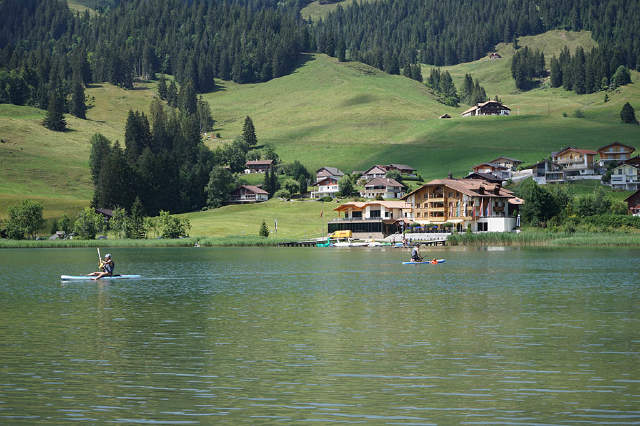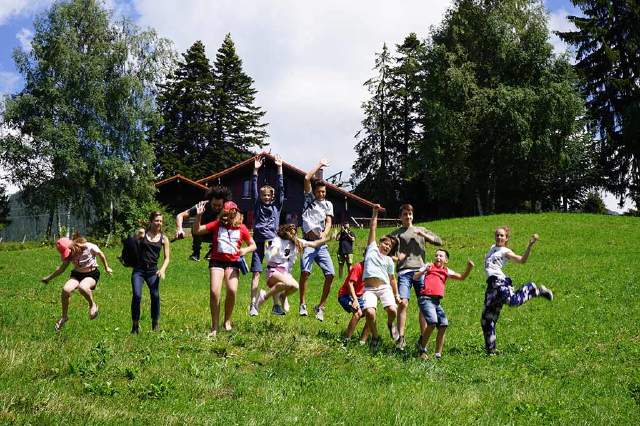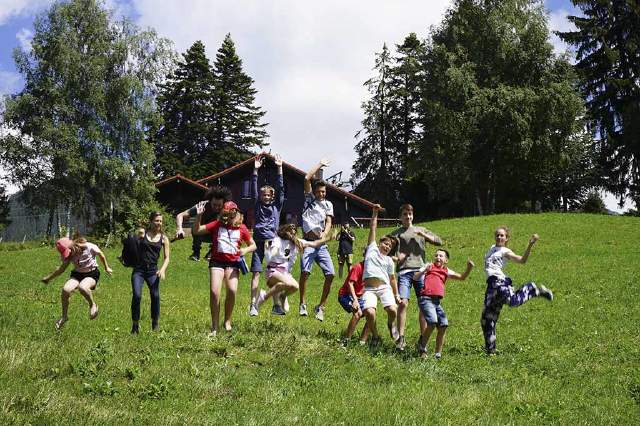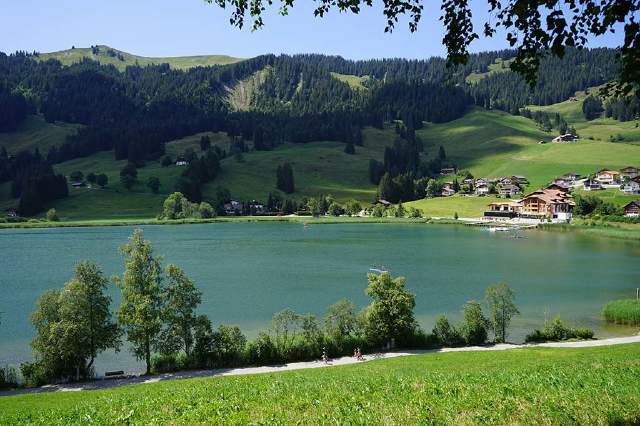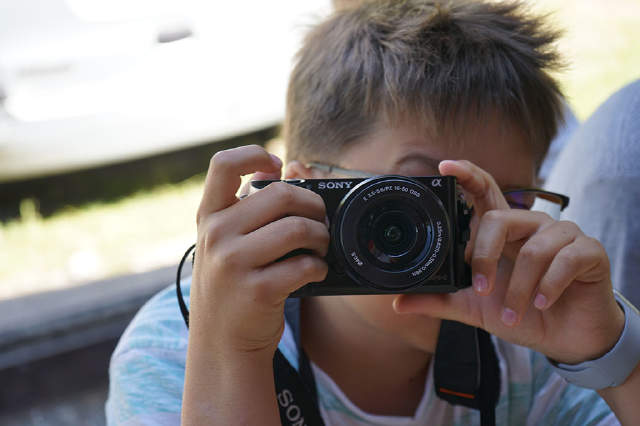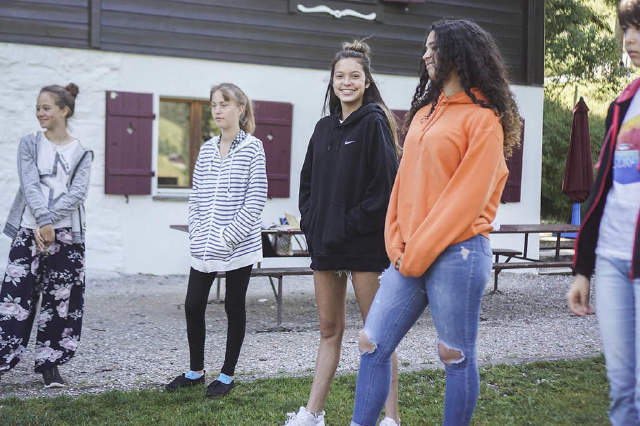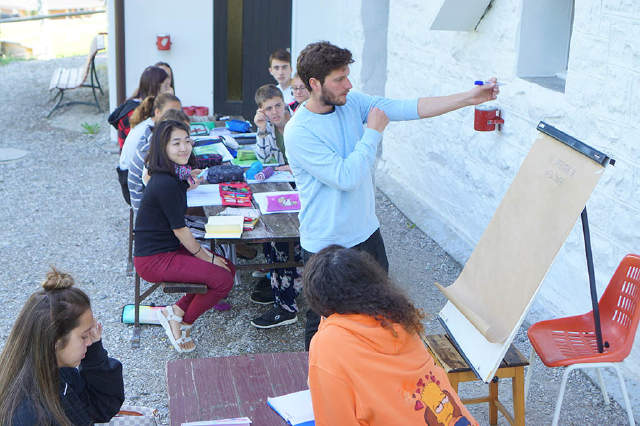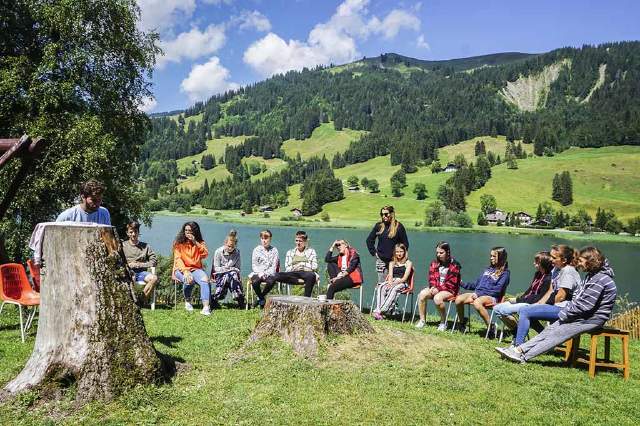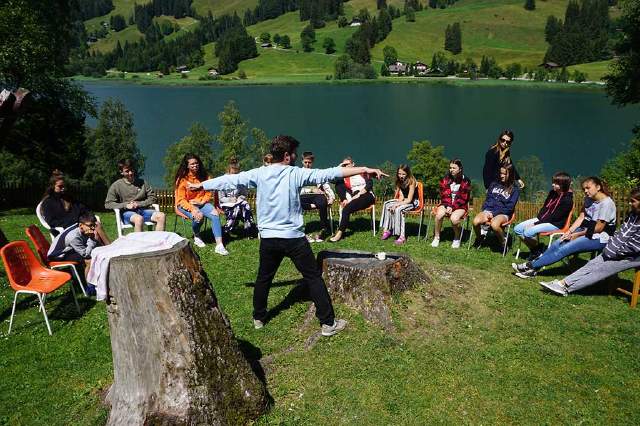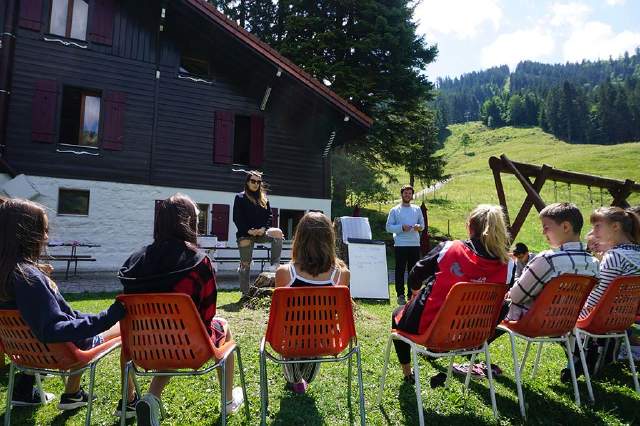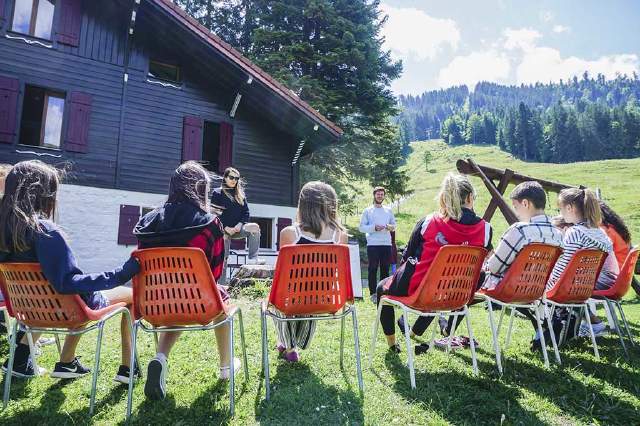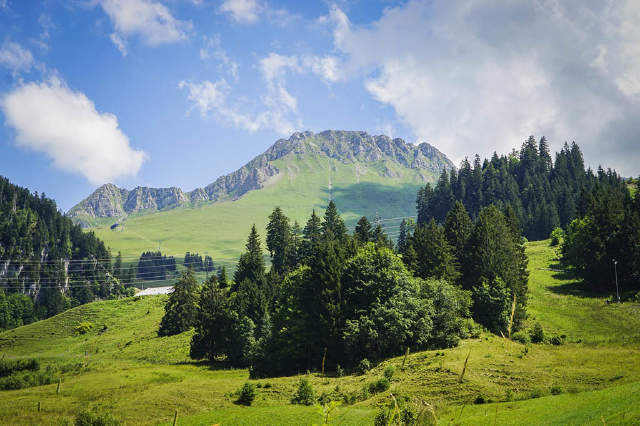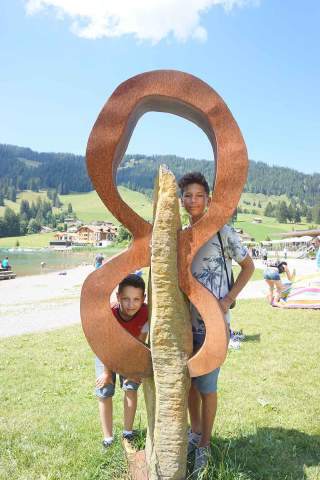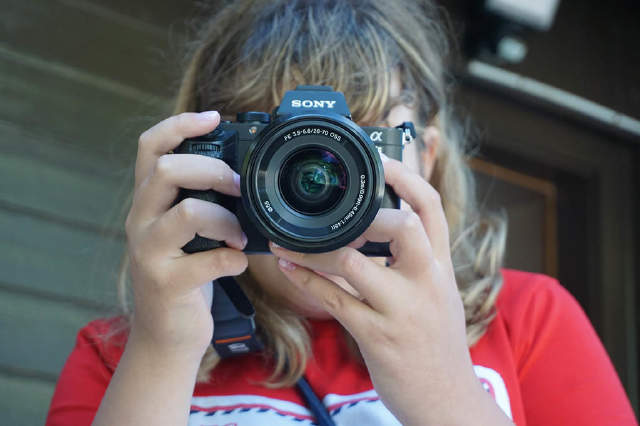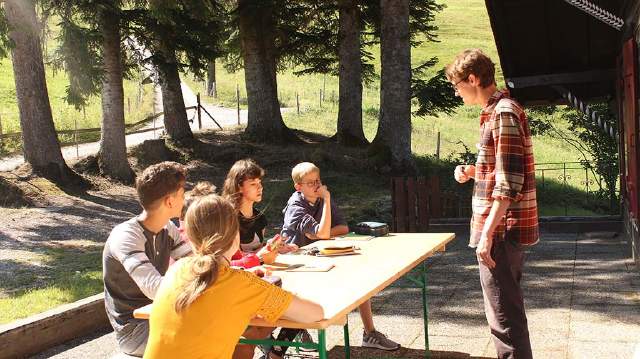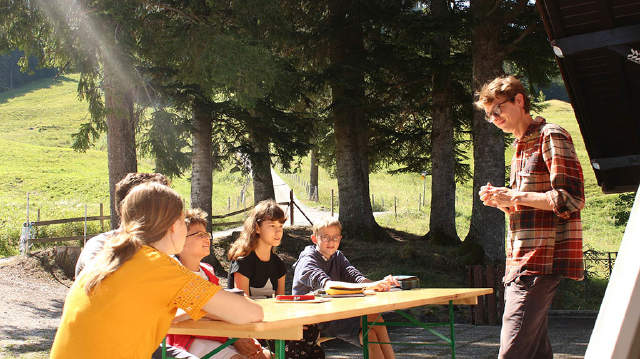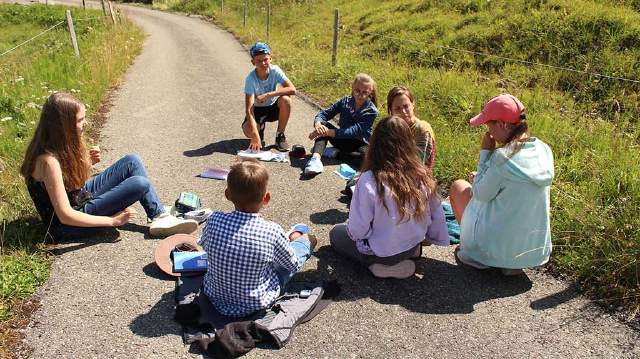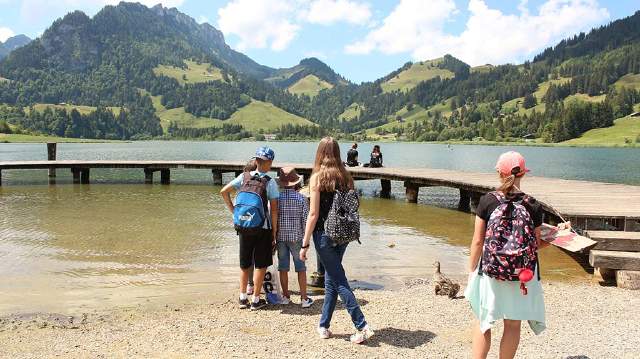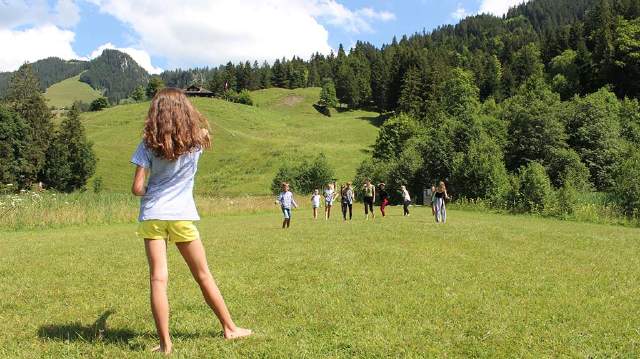-
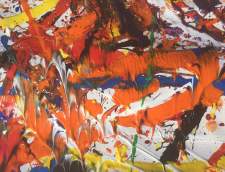
Braunwald Summer Art Camp
1/47
-
![]()
Braunwald Summer Art Camp
2/47
-
![]()
Braunwald Summer Art Camp
3/47
-
![]()
Braunwald Summer Art Camp
4/47
-
![]()
Braunwald Summer Art Camp
5/47
-
![]()
Braunwald Summer Art Camp
6/47
-
![]()
Braunwald Summer Art Camp
7/47
-
![]()
Braunwald Summer Art Camp
8/47
-
![]()
Braunwald Summer Art Camp
9/47
-
![]()
Braunwald Summer Art Camp
10/47
-
![]()
Braunwald Summer Art Camp
11/47
-
![]()
Braunwald Summer Art Camp
12/47
-
![]()
Braunwald Summer Art Camp
13/47
-
![]()
學校提供的家庭寄宿
14/47
-
![]()
學校提供的家庭寄宿
15/47
-
![]()
學校提供的家庭寄宿
16/47
-
![]()
學校提供的家庭寄宿
17/47
-
![]()
學校提供的學生住宿
18/47
-
![]()
學校提供的學生住宿
19/47
-
![]()
學校提供的學生住宿
20/47
-
![]()
學校提供的學生住宿
21/47
-
![]()
Braunwald Summer Art Camp
22/47
-
![]()
Braunwald Summer Art Camp
23/47
-
![]()
Braunwald Summer Art Camp
24/47
-
![]()
Braunwald Summer Art Camp
25/47
-
![]()
Braunwald Summer Art Camp
26/47
-
![]()
Braunwald Summer Art Camp
27/47
-
![]()
Braunwald Summer Art Camp
28/47
-
![]()
Braunwald Summer Art Camp
29/47
-
![]()
Braunwald Summer Art Camp
30/47
-
![]()
Braunwald Summer Art Camp
31/47
-
![]()
Braunwald Summer Art Camp
32/47
-
![]()
Braunwald Summer Art Camp
33/47
-
![]()
Braunwald Summer Art Camp
34/47
-
![]()
Braunwald Summer Art Camp
35/47
-
![]()
Braunwald Summer Art Camp
36/47
-
![]()
Braunwald Summer Art Camp
37/47
-
![]()
Braunwald Summer Art Camp
38/47
-
![]()
Braunwald Summer Art Camp
39/47
-
![]()
Braunwald Summer Art Camp
40/47
-
![]()
Braunwald Summer Art Camp
41/47
-
![]()
Braunwald Summer Art Camp
42/47
-
![]()
Braunwald Summer Art Camp
43/47
-
![]()
Braunwald Summer Art Camp
44/47
-
![]()
Braunwald Summer Art Camp
45/47
-
![]()
Braunwald Summer Art Camp
46/47
-
![]()
Braunwald Summer Art Camp
47/47




